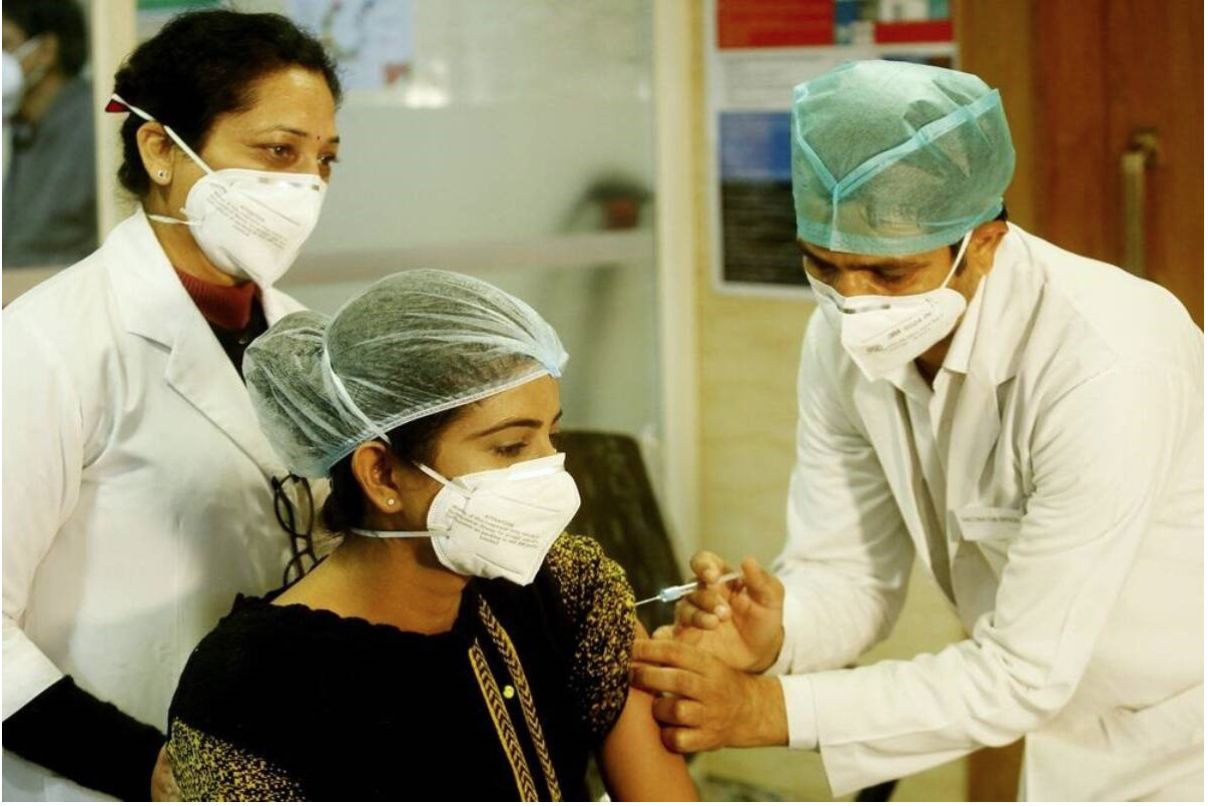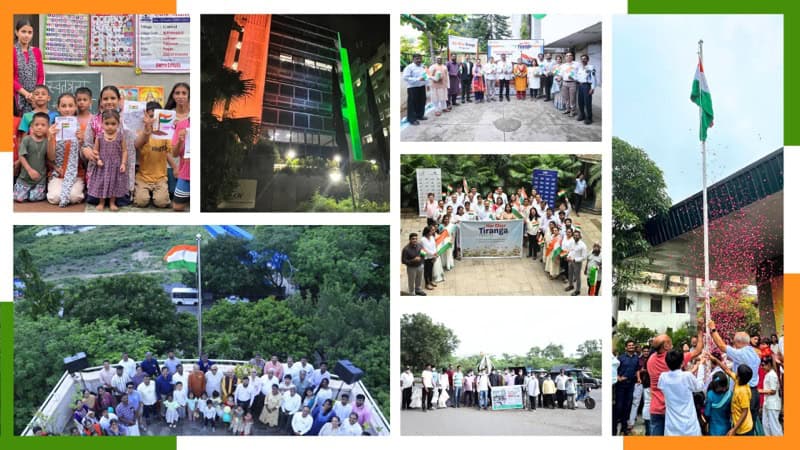-India needs to vaccinate its entire population on war footing
-Demand needs to factor two shots for each individual
-Enabling policies are needed for mass production in given timeframe
India is known as the world’s pharmacy. It has a powerful network of manufacturing units that needs policy support to ensure that a requisite quantity is produced within a given timeframe. Here are some things that should be addressed on priority to help India meet its vaccination goals on a war footing.
Bring in more players
Till recently vaccination in India was being implemented in a phased manner to balance supply and demand. Regulatory bodies after due diligence had approved only two vaccines for India, the SII manufactured Covishield and Bharat-Biotech produced Covaxin. In effect, India’s inoculation drive hinged on the production capacity of these two manufacturers.
The second wave has upset the math and necessitated the scaling up of vaccination. This means the country now needs many more vaccines. How do we get more vaccines? Either the existing manufacturers expand their capacity exponentially or more manufacturers join the race.
The government has now relaxed India’s rigid regulatory regime to allow the production of vaccines that have been successfully tested in countries with mature regulatory mechanisms. The Drugs Controller General of India has already cleared for emergency use Russian-made Sputnik V. Moderna and Pfizer, approved by USA, UK, Australia and Japan, have been cleared for India with no further trials. Limited doses of this vaccine will be available soon. Five more vaccines are expected to get approval this year. The list includes Johnson and Johnson (Bio E), Zydus Cadila, Serum’s Novavax and a nasal vaccine from Bharat Biotech.
Decentralize vaccination
Some people, though immunocompromised, fall outside the threshold of the government-mandated criteria for vaccination. If these individuals have the resources to pay for more expensive vaccines, they should be allowed to. Many private firms too have shown interest in paying for vaccination drives in their organizations. The government has now permitted vaccine producers to sell their doses commercially so that they can generate the profits needed to scale up their production. This will also help the government direct the free and subsidised doses to the poorer and underserved sections, while ensuring wider reach through the commercial route.
Remove price capping
A uniform price capping of vaccines acts as a deterrence to expand production as many small-scale firms find it unviable to produce at a price below their cost of production. With more international collaborations and better competitive space, domestic firms can scale-up and bring down the costs, eventually. However, with price controls, potential players and collaborators would receive wrong signals and be wary of entering the Indian market. This has been addressed, as the current manufacturers of Covishield and Covaxin while providing the vaccine at a subsidized rate to the Central and State Governments will now offer it at a commercial rate in the open market.
Author – India@75 Foundation
Previous Blog given below:





